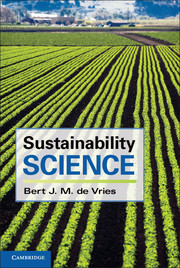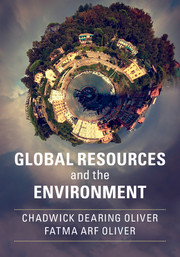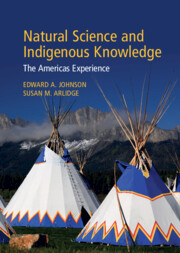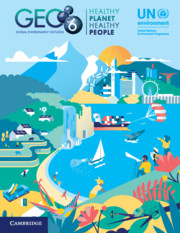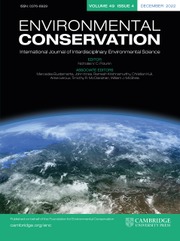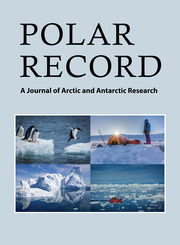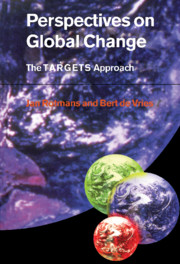Sustainability Science
Sustainable development is becoming the guiding principle for the twenty-first century. This textbook - based on the author's course and rigorously class-tested by his students - provides an introduction into patterns of past and present (un)sustainable development and into the emergence of the notion of sustainable development. It systematically surveys the key concepts, models and findings of the various scientific disciplines with respect to the major sustainability issues: energy, nature, agro-food and resource systems, and economic growth. System analysis and modelling is introduced and used as an integrating tool. Stories and worldviews are used to connect the quantitative and the qualitative and to offer the reader an understanding of relevant trends and events in context. Sustainability Science is an ideal textbook for advanced undergraduate and graduate level courses in sustainable development and in environmental and resource science and policy.
- Advances basic understanding of the dynamics of human-environment systems
- Facilitates the design, implementation and evaluation of practical interventions that promote sustainability in particular places and contexts
- Improves linkages between relevant research and innovation communities, and relevant policy and management communities
Reviews & endorsements
'Achieving some sort of sustainability will be THE focus of global societies in the twenty-first century. To be successful, our leaders will need a perspective of centuries, the full breadth of scientific insights, system thinking skills, great cultural sensitivity, and an awareness of spiritual values. All of these are offered in this wonderful, unique text, which will be useful for decades.' Dennis Meadows, co-author of The Limits to Growth
'This textbook is one of the first truly all-encompassing introductions to sustainability science. It is methodical, clearly written and well-illustrated, truly a pleasure to handle and to read. It sets a standard for the discipline and solidly educates the generation of students that will most directly have to deal with the challenges of creating a sustainable Earth system.' Sander van der Leeuw, Dean, School of Sustainability, Arizona State University
'In this important new book, Bert de Vries has adopted a systems approach to examining all the issues that collectively amount to the determinants of sustainability. It is an excellent, comprehensive and up-to-date text dealing with not only the underlying biophysical science but also human behaviour. His use of interesting examples throughout makes it both instructive and enjoyable to read. I highly recommended it.' Brian Walker, CSIRO Ecosystem Sciences, Australia
'Bert de Vries' Sustainability Science is particularly welcome as it breaks ground in a new field, which so far lacks a proper systematic treatment. No wonder! The challenge is overwhelming: the book covers a series of disciplines and fields - geography, social and economic sciences, physics, chemistry, and biology - using a systems description and system dynamics as the main tool. De Vries not only succeeds in this overwhelming task but spices up the text with multiple excursions into history, philosophy, literature, not to forget the key issue of ethics. Justice and how we would like a future world to look like is always present. Bert's book is impressive, rich and inspiring.' Lars Rydén, Centre for Sustainable Development, Uppsala University
Product details
February 2013Hardback
9781107005884
605 pages
260 × 182 × 32 mm
1.41kg
147 b/w illus. 19 colour illus. 26 tables
Temporarily unavailable - available from January 2025
Table of Contents
- 1. Introduction
- 2. The systems dynamics perspective
- 3. In search of sustainability: past civilizations
- 4. The world in the past 300 years: the Great Acceleration
- 5. Sustainability: concerns and definitions
- 6. Quality of life: on values, knowledge and worldviews
- 7. Energy fundamentals
- 8. On knowledge and models
- 9. Ecosystems
- 10. Human populations and human behaviour
- 11. Agro-food systems
- 12. Renewable resources: water, fish and forest
- 13. Non-renewable resources: the industrial economy
- 14. Towards a sustainable economy
- 15. Outlook on the futures.

